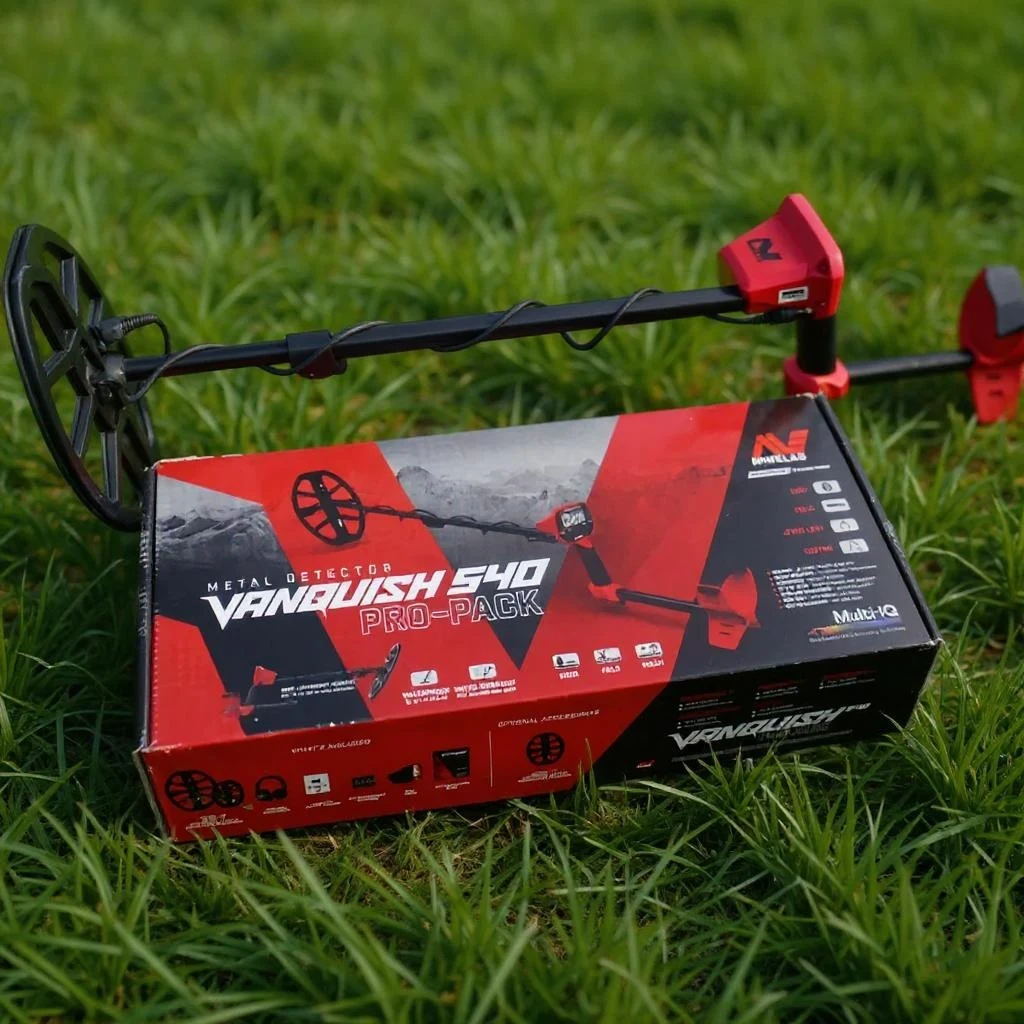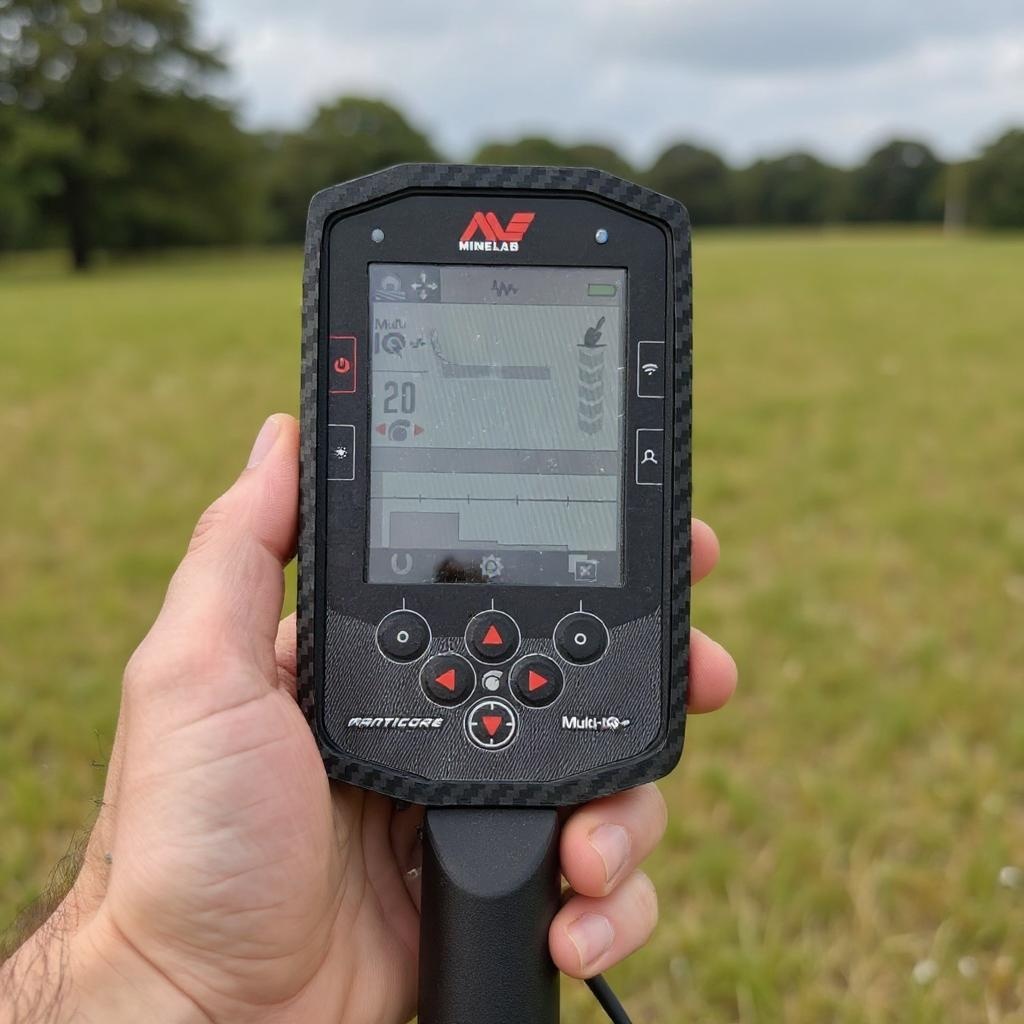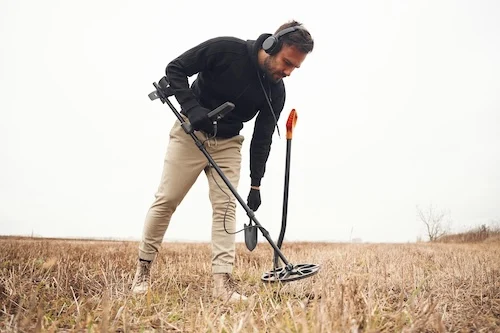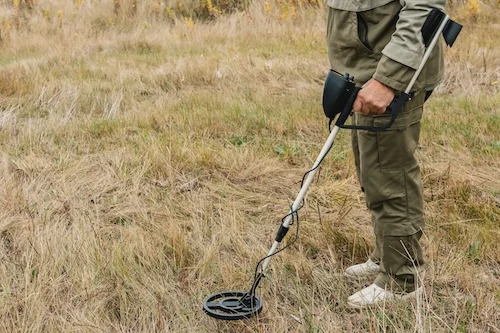Insurance Requirements For Metal Detecting UK

Written by Piotr Lesniewski
Detectorist • Scotland
As an Amazon Associate we earn commission from qualifying purchases. Read our full Affiliate Disclosure.
You're not legally required to carry specific metal detecting insurance in the UK, but you'd be taking a significant risk without it.
Most landowners won't grant permission to detect on their property unless you can prove you're covered, and local councils often have similar requirements for public spaces. Beyond access issues, there's the matter of potential liability claims, equipment theft, and legal disputes that could cost you thousands.
The question isn't really whether you need it, but what type of coverage will actually protect you.
Key Takeaways
- No legal requirement exists for metal detecting insurance in the UK, but it provides essential financial protection.
- Most landowners require proof of public liability insurance before granting permission to detect on private property.
- Standard home insurance policies exclude metal detecting activities and won't cover equipment damage or liability claims.
- NCMD and FID memberships offer comprehensive £10 million public liability insurance for just £10-15 annually.
- Insurance covers property damage, equipment theft, and provides legal support in disputes with landowners or authorities.
Legal Requirements for Metal Detecting Insurance in the UK
When you take up metal detecting in the UK, you're not legally required to carry specific insurance for the hobby itself.
However, you'll need landowner permission before detecting on private property. Many landowners won't grant access without proof of public liability insurance, as this protects them if you cause damage to their land or injure someone while detecting.
While there's no legal mandate, you're still liable for any damage you cause. If you accidentally damage crops, livestock fencing, or underground utilities, you'll face costly repair bills.
Additionally, if you're detecting on public land where permission is required, local authorities may ask for insurance documentation. Though not legally compulsory, insurance provides essential financial protection for your detecting activities, as outlined in the metal detecting laws in the UK.

Why Metal Detecting Insurance Is Essential for Responsible Detectorists
Beyond legal considerations, metal detecting insurance protects you from significant financial risks that come with the hobby. You're liable for any damage you cause to property, crops, or archaeological sites during your searches.
A single claim could cost thousands of pounds, far exceeding your annual insurance premium.
Insurance also covers your expensive equipment against theft, loss, or damage. Quality metal detectors, GPS units, and accessories represent substantial investments that need protection.
Additionally, you'll gain access to legal support if disputes arise with landowners or authorities regarding your detecting activities. Most importantly, insurance demonstrates your commitment to responsible detecting.
Many landowners and detecting clubs require proof of insurance before granting access, making coverage essential for serious hobbyists.

Where to Get Comprehensive Metal Detecting Insurance Coverage
You'll find reliable metal detecting insurance through two main organizations in the UK that specialize in protecting detectorists.
The National Council for Metal Detecting (NCMD) and the Federation of Independent Detectorists (FID) both offer comprehensive coverage options tailored specifically for metal detecting activities. These organizations understand the unique risks you face and provide policies that cover equipment, third-party liability, and legal protection.
NCMD – National Council for Metal Detecting
Although many detectorists explore various insurance options, the National Council for Metal Detecting (NCMD) stands out as the most popular choice for comprehensive coverage in the UK.
When you join the NCMD, you'll automatically receive £10 million Public Liability Insurance as part of your membership benefits.
This coverage protects you against potential claims if someone's injured or property's damaged during your detecting activities.
You won't need to arrange separate insurance policies or worry about coverage gaps. The NCMD membership costs around £10–15 annually, making it an extremely cost-effective solution.
You can find more information and join at https://www.ncmd.co.uk. This represents exceptional value considering the substantial insurance coverage included with membership.

FID – Federation of Independent Detectorists
Where can you find an alternative to NCMD that offers equally comprehensive coverage? The Federation of Independent Detectorists (FID) provides another excellent option.
You'll discover that FID offers similar cost and coverage compared to NCMD, making it a viable alternative for your insurance needs. When you join FID as a member, you'll automatically receive insurance coverage as part of your membership benefits.
The organization's approach mirrors NCMD's model, bundling insurance with membership for convenience.
This means you won't need to arrange separate insurance policies or deal with multiple providers. You can learn more about FID's offerings and membership details by visiting their website at http://fid.newbury.net.

What Standard Insurance Policies Don't Cover for Metal Detecting
Most homeowner's and general liability insurance policies exclude coverage for activities they consider "treasure hunting" or commercial ventures.
Your standard policy won't cover damage to metal detecting equipment, theft of valuable finds, or liability claims arising from detecting activities.
You'll face coverage gaps if someone claims you've damaged their property while detecting, or if landowners sue for perceived trespassing. Standard policies typically exclude commercial activities, and insurers often classify metal detecting as such, especially if you sell your valuable finds.
Personal property coverage usually won't extend to specialized detecting equipment when used for hobby purposes. Additionally, if you're injured while detecting, your health insurance might deny claims if they determine the activity falls outside normal recreational coverage parameters.

Insurance Requirements for Different Metal Detecting Scenarios
When you're metal detecting on different types of land, your insurance requirements shift dramatically based on location and circumstances.
Public beaches and footpaths typically require basic public liability coverage, while private land demands explicit landowner permission and potentially higher coverage limits. Club-organized events often include group insurance, but you'll need individual coverage for solo detecting.
Archaeological sites require specialized policies that cover potential damage to historical artifacts. Beach detecting near populated areas needs higher liability limits due to increased public interaction risks.
Commercial detecting operations require business insurance beyond personal policies. Detecting on National Trust or English Heritage properties demands specific coverage meeting their standards.
Agricultural land detecting requires policies covering crop damage and livestock disturbance. Always verify your policy matches your detecting scenario's specific risks.
Conclusion
You don't legally need metal detecting insurance in the UK, but you'd be wise to get it.
Landowners will often demand proof of coverage before letting you search their property, and you'll want protection against liability claims or equipment theft. Your standard home insurance won't cover detecting activities, so consider specialized policies from the National Council for Metal Detecting or Federation of Independent Detectorists for comprehensive coverage.
Author Profile

Piotr Lesniewski
"Digging up the past, one signal at a time."
Polish-born, Scotland-based, and obsessed with the beep. My passion began decades ago, exploring fields with my Dziadek (grandfather). Now, with over 10 years of digging under my belt, I'm here to share everything I've learned—unfiltered and unbiased—to help you unearth your own piece of history. No sales pitches, just real field experience.